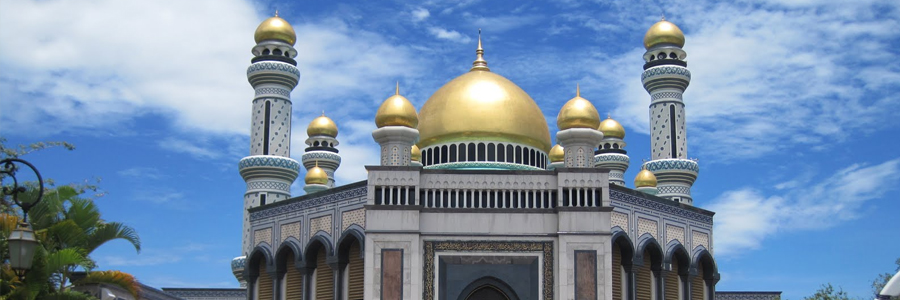
Halal Certification
Opening the doors to 1.9 Billion Muslims allover the world.
The life of every Muslim revolves around the concept of Halal.
The word “Halal” literally means permissible or lawful. Opposite to Halal is Haram, which means unlawful or forbidden. Halal, in reference to food, is a dietary standard as prescribed in the Quran. General Quranic guidance dictates that all foods are Halal except those that are specifically mentioned as Haram (unlawful or prohibited).
A majority of pharmaceuticals and toiletries are made from or consists of ethanol, alcohol, and animal derivatives, all of which cannot be described as Halal. With today’s manufacturing and medicine production, it is hard to know what exactly are in the capsules, pills, creams or suspensions in the market. Ingredient labeling helps, but not everything is listed, and it is often a tedious task to examine each one.
Currently the global market has an increasing demand for Halal pharmaceutical products and health supplements. Halal cosmetics can contain animal-derived ingredients, but these have to be prepared according to Islamic codes dictating procedures for slaughtering and preparing animals.
Although the trend for Halal pharmaceutical products and health supplements spells opportunity for producers worldwide, several factors determine their Halal/Haram status. Amongst others, it is dependent on its nature, how it was made, and the process of obtaining Halal certification is a rigorous one. In fact, Brunei Darussalam has developed its very own guidelines and standards for the handling and manufacturing of Halal pharmaceutical products.
Simpor aims to become the hub for exporting Halal pharmaceutical products and health supplements in the global market.

